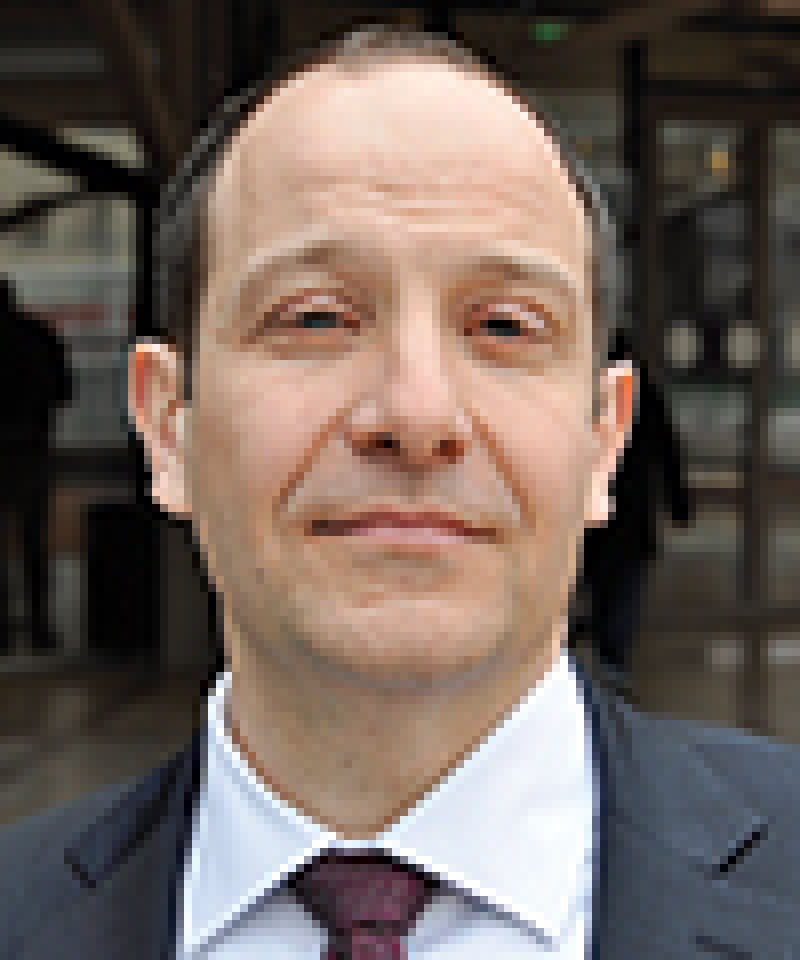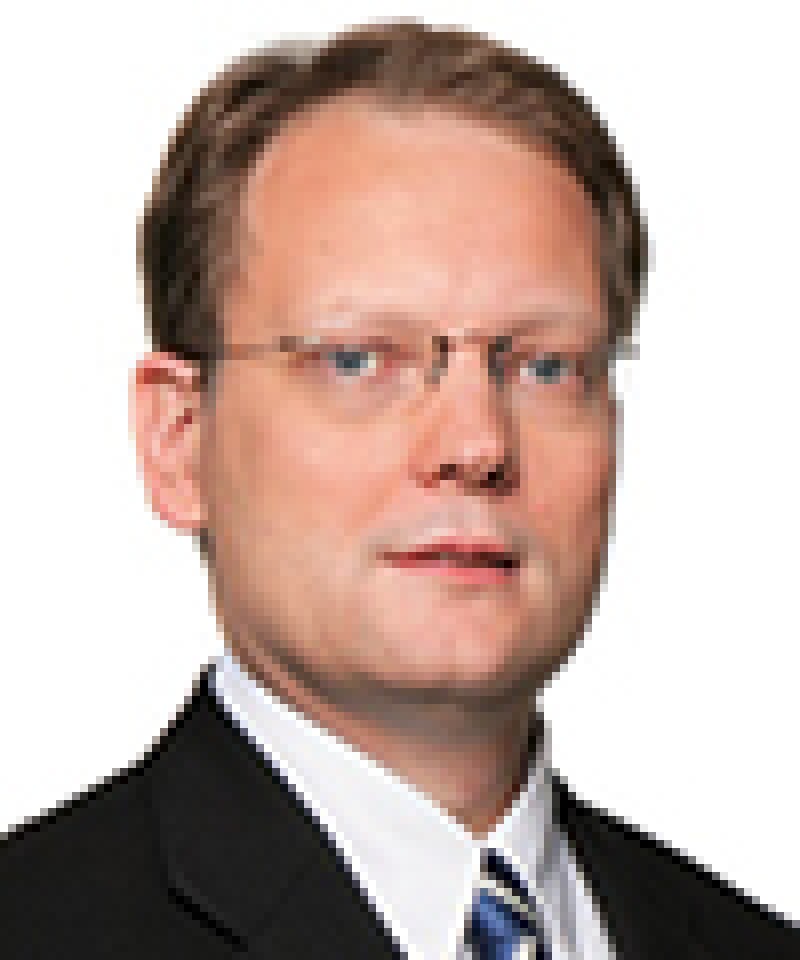
|

|
|
Jacques Kistler |
Rene Zulauf |
The Swiss parliament approved Corporate Tax Reform III (CTR III) on June 17 2016. The main objectives of the reform are to align Swiss tax law with international standards and to enhance Switzerland's attractiveness as a location for multinational enterprises.
The reform would phase out all special corporate tax regimes, such as the mixed, domiciliary, holding and principal company regimes, as well as the Swiss finance branch regime. Federal and cantonal tax holidays would not be affected by the reform and would continue to be granted.
A number of measures are included in the legislation on CTR III to compensate for the elimination of the beneficial tax regimes:
Reduction of the headline tax rates at the discretion of cantons, so that many more Swiss cantons could be in the 12 – 14% range for their effective combined federal/cantonal/communal tax rates (ETR);
Introduction of a patent box regime, which is mandatory for all cantons and applicable to all patented intellectual property (IP) for which the R&D spend is occurred in Switzerland. The measure is in line Action 5 of the OECD BEPS plan on the modified nexus approach;
Introduction of R&D incentives, offering excess R&D deductions of 150% on qualifying expenditure, at the discretion of cantons;
Allowance of a step-up (including for self-created goodwill) for direct federal and cantonal/communal tax purposes upon the migration of a company, or of additional activities and functions, to Switzerland;
Allowance of the tax-privileged release of hidden reserves for cantonal/communal tax purposes for companies transitioning out of tax-privileged cantonal tax regimes (such as mixed or holding companies) into ordinary taxation during a period of five years;
Introduction of a notional interest deduction (NID) regime at the federal level and at the discretion of individual cantons at a cantonal/communal level. Cantons that opt to introduce a NID on equity would be required to tax at a cantonal/communal level at least 60% of the dividend income received by individuals from qualifying participations of at least 10%, under the partial taxation regime for dividends; and
Reduction of the cantonal/communal annual net wealth tax in relation to the holding of participations, patented IP and inter-company loans at the discretion of cantons.
The combined tax reduction available through the patent box, the release of hidden reserves, the R&D super deduction and NID would be limited to 80% of the cantonal/communal taxes.
The CTR III should help to attract more multinationals to Switzerland, as well as to keep existing multinationals in the country. The legislation would introduce a competitive corporate tax regime that is internationally accepted and fully takes into account the requirements of the OECD BEPS agenda.
There will likely will be a referendum and national vote on the legislation. The most likely date for the law to become effective would be January 1 2019.
Jacques Kistler (jkistler@deloitte.ch) and Rene Zulauf (rzulauf@deloitte.ch)
Deloitte Switzerland
Tel: +41 58 279 8164 and +41 58 279 6359
Website: www.deloitte.ch









